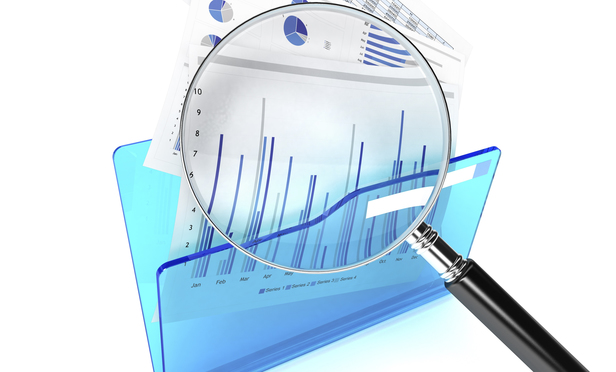Anyone who has ever tried to use a technology-assisted review or predictive coding tool usually starts by talking to a vendor—or a handful of vendors—who immediately suggest these tools are exceedingly simple to use and speed up the time and lower the costs of litigation. While no doubt true, attorneys in federal court are held to a standard of “reasonable inquiry” as dictated by Rule 26(g) of the Federal Rules of Civil Procedure. If attorneys do not keep a mindful eye on the process, the easy button of TAR can raise unintended Rule 26(g) challenges by the opposing party or unilaterally by the Judge in the case.
The Implications of Rule 26(g) on the Use of Technology-Assisted Review was recently published in the Federal Courts Law Review. The article analyzes five phases of the TAR process that, if not fully considered and properly executed can engender Rule 26(g) arguments. These stages are collection, disclosure, training, stabilization, and validation. For example, during the collection phase, attorneys seldom consider the impact of the richness of the collection upon the reasonableness of the inquiry under Rules 26(g). Since the advent of the recent federal rules and the warnings of Zubulake V (Zubulake v. UBS Warburg 229 F.R.D. 422 (S.D.N.Y. 2004), attorneys have been fearful of sanctions for not preserving and collecting all relevant electronically stored information. The knee jerk reaction has been to preserve and collect broadly, and then throw more data into a review tool than is even remotely tied to a case. This is compounded by the fact that requesting parties, recognizing the relative ease of searching ESI (as compared with hard copy documents) tend to make overly broad document production requests.
This content has been archived. It is available through our partners, LexisNexis® and Bloomberg Law.
To view this content, please continue to their sites.
Not a Lexis Subscriber?
Subscribe Now
Not a Bloomberg Law Subscriber?
Subscribe Now
LexisNexis® and Bloomberg Law are third party online distributors of the broad collection of current and archived versions of ALM's legal news publications. LexisNexis® and Bloomberg Law customers are able to access and use ALM's content, including content from the National Law Journal, The American Lawyer, Legaltech News, The New York Law Journal, and Corporate Counsel, as well as other sources of legal information.
For questions call 1-877-256-2472 or contact us at [email protected]



